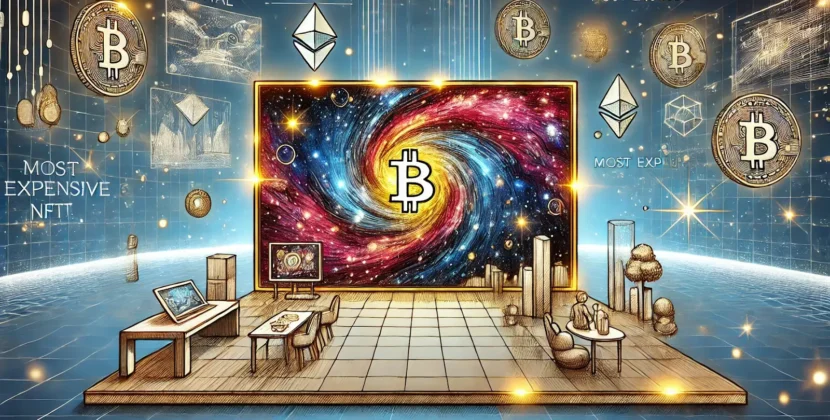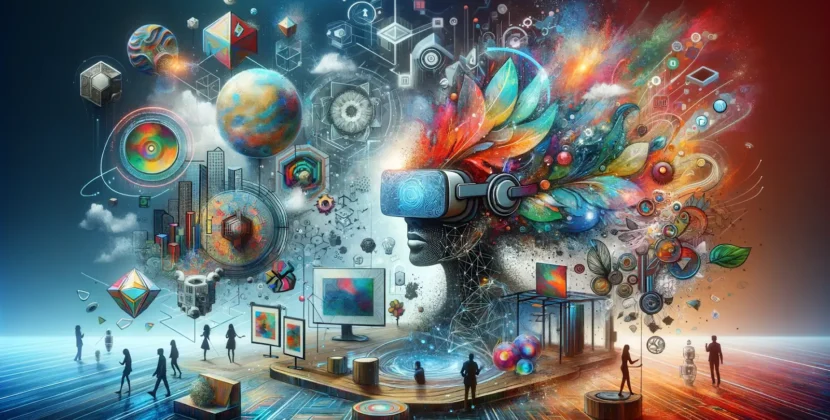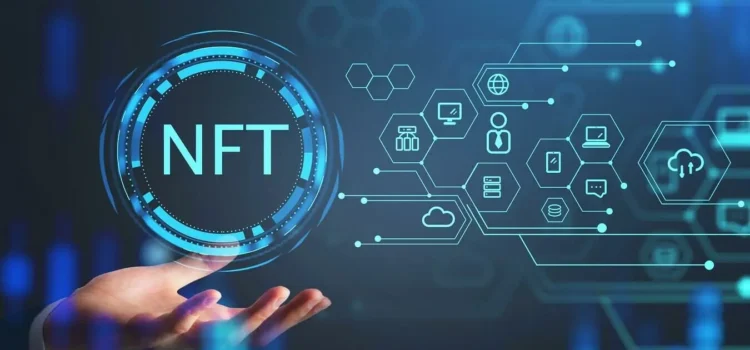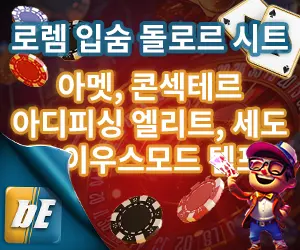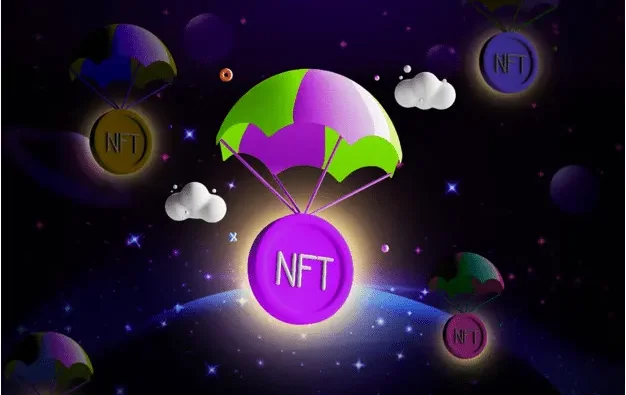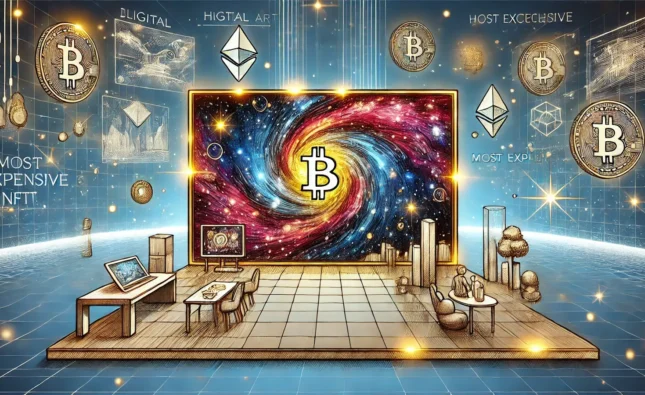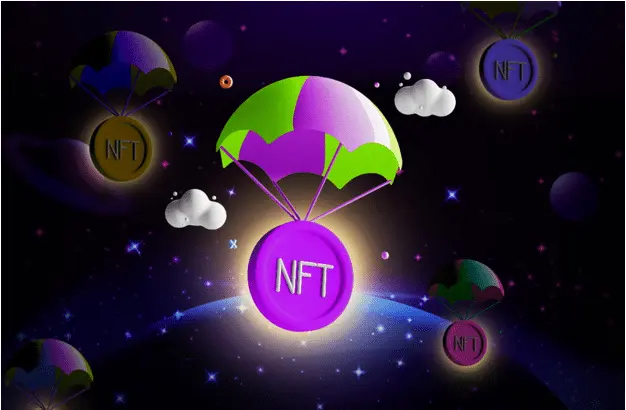
공유하다:
Non-Fungible Tokens (NFTs) have taken the digital world by storm, initially gaining recognition for their ability to revolutionize the ownership of digital art. However, the potential of NFTs extends far beyond the confines of artistic expression. The emergence of utility NFTs is reshaping various industries, providing practical applications that transform how we perceive ownership and interact with both digital and physical assets. This article delves into the rise of utility NFTs and explores their diverse applications across multiple sectors, including gaming, entertainment, real estate, and supply chain management.
Understanding Utility NFTs
Utility NFTs are distinct from traditional NFTs, which primarily represent ownership of unique digital items like art or collectibles. Instead, utility NFTs possess additional functionalities that enable them to provide tangible benefits and applications in real-world scenarios. This innovative aspect makes them a compelling solution for various industries seeking enhanced engagement, efficiency, and monetization.
The Gaming Industry: A New Era of Ownership
One of the most notable sectors where utility NFTs are making waves is the gaming industry. Traditionally, players have had limited ownership of in-game assets, which are often restricted to specific games and cannot be transferred or sold outside their respective platforms. However, utility NFTs are changing this paradigm by allowing players to tokenize virtual assets such as characters, items, and land parcels.
True Ownership and Interoperability
With utility NFTs, players gain true ownership of their in-game assets, meaning they can buy, sell, and trade these items across various gaming platforms. This interoperability enhances the gaming experience, as players can carry their assets from one game to another, creating a more interconnected gaming ecosystem. For example, a sword obtained in one game can potentially be used in another, adding value and utility to the asset.
Enhancing Engagement and Monetization
Moreover, utility NFTs can represent in-game achievements, rewards, and access rights. By
incorporating these tokens, game developers can create new monetization opportunities and enhance player engagement. Players can earn utility NFTs for completing quests, reaching milestones, or participating in events, which can then be traded or sold, providing real-world value. This approach not only incentivizes player participation but also fosters a vibrant marketplace within the gaming community.Digital Collectibles and Memorabilia: A Transformative Experience
Beyond the gaming realm, utility NFTs are also redefining the landscape of digital collectibles and memorabilia. This category encompasses a wide range of items, including sports trading cards, collectible figurines, virtual concert tickets, and limited-edition merchandise.
Unique Ownership Experiences
By tokenizing these collectible items as NFTs, creators and brands can offer fans and collectors unique ownership experiences. This includes exclusive access to content, events, and limited-edition releases, enhancing the overall value of the collectible. For example, a sports team can issue utility NFTs that provide holders with exclusive access to games, meet-and-greets, or behind-the-scenes content, creating a stronger connection between fans and their favorite teams.
Gamification and Community Engagement
Utility NFTs also enable creators to implement gamification elements and loyalty programs. Brands can reward loyal customers with NFTs that grant access to special promotions, discounts, or exclusive content, thereby fostering community interaction and enhancing customer loyalty. Dynamic pricing mechanisms can be introduced, allowing the value of collectibles to fluctuate based on demand, further engaging collectors and incentivizing participation.
Real Estate: A Revolution in Property Ownership
The real estate sector is another industry poised for disruption through the adoption of utility NFTs. As the market evolves, projects are exploring the tokenization of properties, land titles, and real estate investments.
Fractional Ownership and Investment Opportunities
Utility NFTs can represent fractional ownership stakes in real estate assets, allowing investors to diversify their portfolios without the need for substantial capital outlays. This democratization of real estate investment opens doors for smaller investors who may have previously found it challenging to enter the market. For instance, individuals can purchase a fraction of a luxury property through utility NFTs, participating in property appreciation without the burden of owning the entire asset.
Transparent Transactions and Smart Contracts
Furthermore, utility NFTs facilitate transparent property transactions and automated rental payments through smart contracts. This technology reduces friction and costs associated with traditional real estate processes, making transactions more efficient. For example, smart contracts can automate the collection of rent payments, ensuring timely transactions and reducing the risk of defaults. By streamlining these processes, utility NFTs enhance the overall experience for both property owners and tenants.
Supply Chain Management: Ensuring Authenticity and Traceability
In the realm of supply chain management, utility NFTs provide a novel solution for tracking and authenticating physical assets throughout their lifecycle. As businesses face increasing pressure to ensure product authenticity and transparency, utility NFTs offer a powerful tool to meet these demands.
Immutable Provenance and Quality Assurance
By embedding unique identifiers and metadata on the blockchain, utility NFTs enable transparent and immutable provenance. This ensures traceability, quality assurance, and counterfeit detection in global supply chains. For instance, luxury brands can use utility NFTs to authenticate their products, providing consumers with verifiable data about the item’s origin and history. This level of transparency builds trust among stakeholders and reduces the risk of counterfeit goods infiltrating the market.
Applications Across Various Industries
The applications of utility NFTs in supply chain management are vast, ranging from luxury goods and pharmaceuticals to food products and electronics. By providing stakeholders with verifiable data, utility NFTs enhance trust in the authenticity and integrity of products, ultimately benefiting consumers and businesses alike.
The Paradigm Shift of Utility NFTs
The rise of utility NFTs signifies a paradigm shift in the digital ownership landscape. They empower individuals and businesses by providing true ownership, interoperability, and verifiable authenticity of both digital and physical assets. As the utility NFT ecosystem continues to evolve, we can expect further innovation and adoption of this transformative technology, unlocking new opportunities for creators, brands, investors, and consumers.
Future Implications
Looking ahead, the integration of utility NFTs across various industries will likely lead to a more interconnected and efficient digital economy. As companies and creators harness the potential of these tokens, we may witness new business models, enhanced customer experiences, and innovative engagement strategies that redefine the way we interact with digital assets.
Conclusion
In conclusion, while the initial buzz around NFTs was primarily centered on digital art, the rise of utility NFTs has unveiled a plethora of practical applications that extend far beyond aesthetics. From gaming and collectibles to real estate and supply chain management, utility NFTs are reshaping industries and offering unprecedented opportunities for ownership and engagement. As we continue to explore the possibilities of utility NFTs, it is clear that they represent a significant evolution in how we perceive and interact with assets in the digital age. By embracing this technology, businesses and consumers alike can harness its potential to foster innovation, enhance transparency, and create lasting value in an increasingly digital world.

